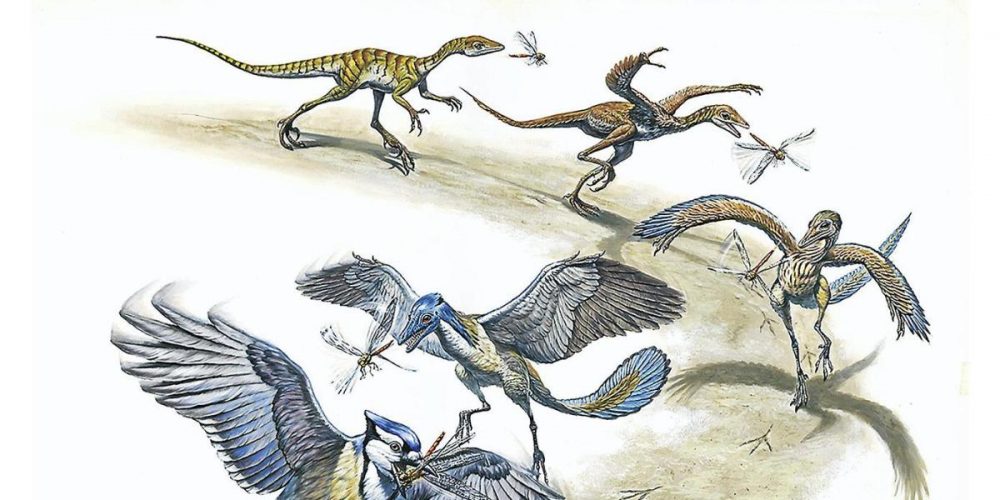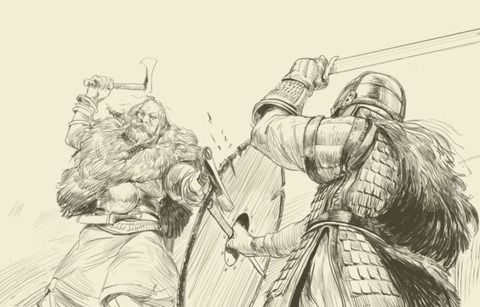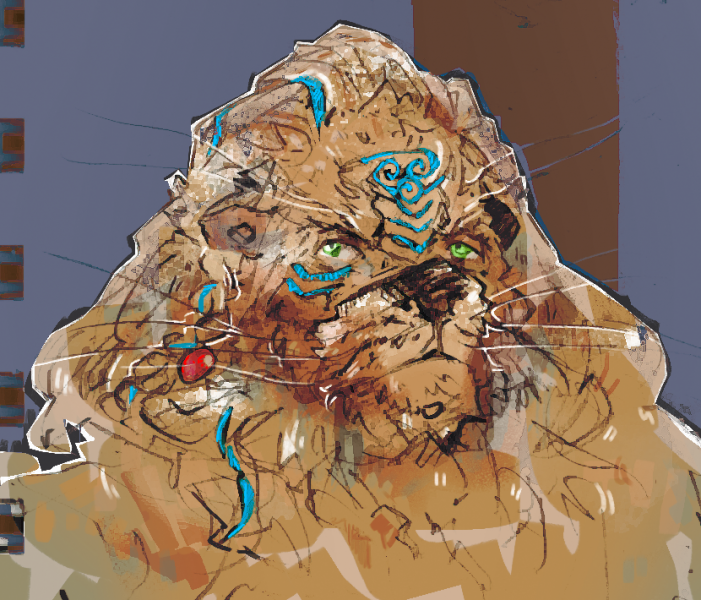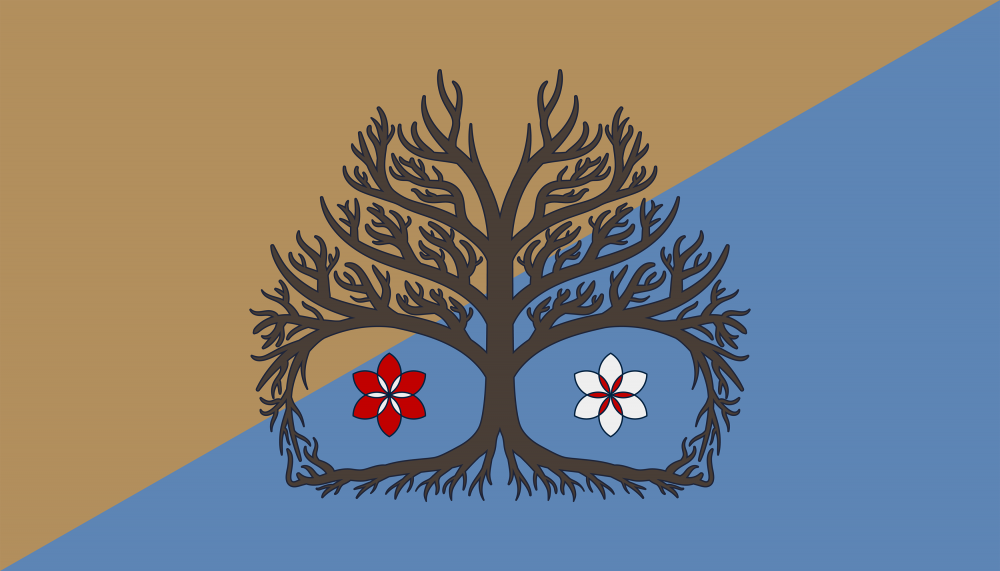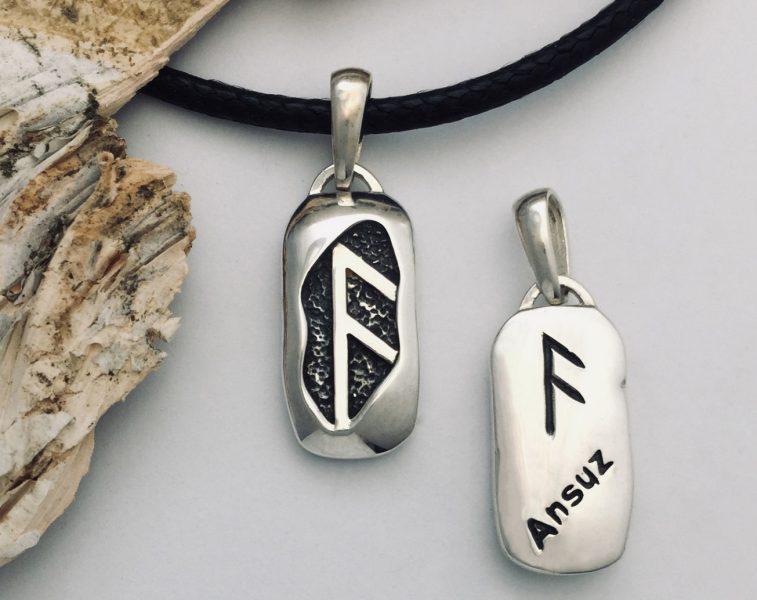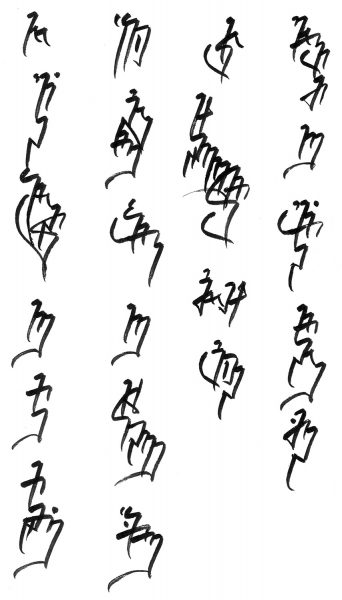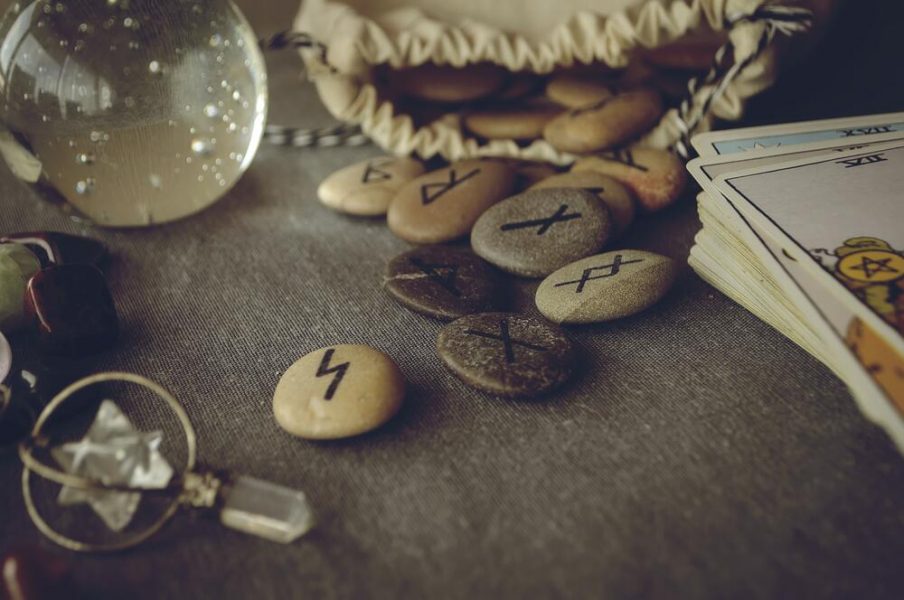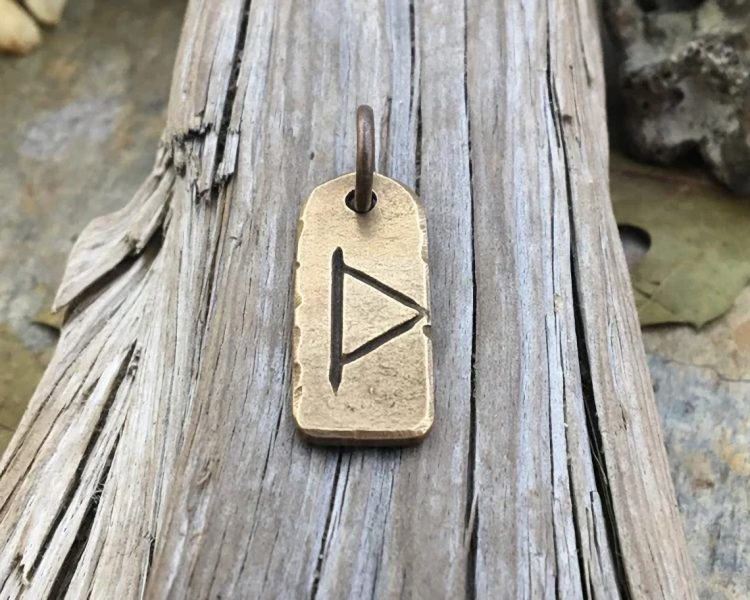We decided to take a break from the Vikings and write a popular science post. Do not be afraid! It will be quite small. And it will focus on anthropo- (or sapio-) genesis.
Of course, one can hardly say more about this than has been said - and no one, it seems, has canceled the theory of evolution either. But there is one small flaw in it, which many, throwing up their hands, admit - while others bashfully turn a blind eye to it.
As we all know, all currently existing sentient species have innate abilities for magic. Of course, without the proper development, they remain in their infancy, but even so they do not disappear. What's the problem, you ask? The fact that none of the modern animals has at all no magical ability. Here at all. Even the most highly organized And this applies not only to modern ones: all studies claim that ancient extinct species could not have magic either.
But what about our immediate ancestors? At some stage, like the ancient representatives of the genus Homo, so do Dears and Draco these same abilities suddenly appear. This is evidenced by some objects found in the parking lots: traces of magic have been preserved (albeit very weak) on them to this day. But the transition from not using magic to using it is very quick and sudden: for each clan, it took only 200-300 years. And for evolution, you yourself understand, this is an insignificant period.
Finally, I will add that the ancient beliefs of the Alvs-Glinnars say the following: The Higher, creating intelligent life on the orders of the One, did not create it from scratch, but took already existing (that is, previously created) animals - and just pushed them in the right direction. In my opinion, there is a grain of truth in this - because everything that happened can really be well explained only by some external impulse.
Evolve further, gentlemen!

